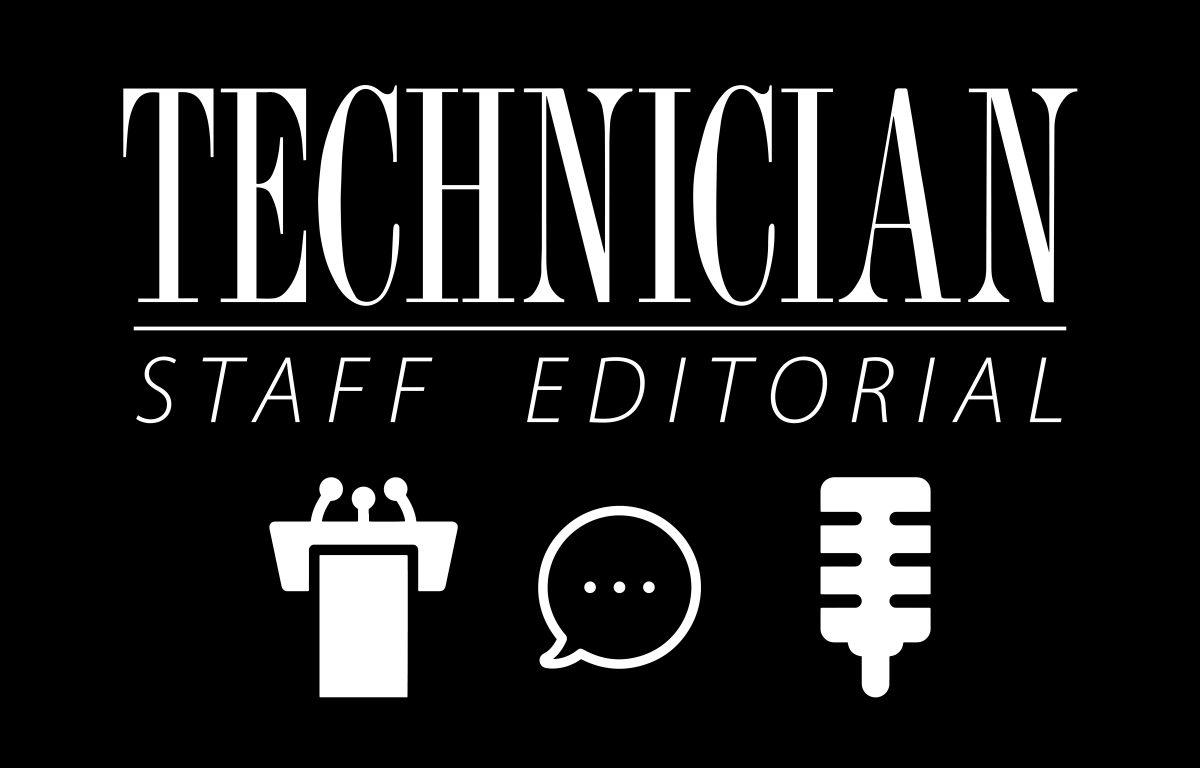Last month, a political strategy memo outlining how to weaken the North Carolina Republican establishment was leaked. The political nonprofit group America Votes wrote the document, and according to The News and Observer, included strategies “to ‘eviscerate the leadership,’ pressure the governor at public events, and hire private investigators to uncover negative information about GOP leaders, including Tillis and Senate leader Phil Berger.”
Two facts emerged in the turmoil since this memo was leaked. One is that it has amassed bipartisan criticism. Democrats (along with some member groups of America Votes) have shunned the ethics of the memo, with N.C. Democratic Party Chairman Randy Voller saying, “What we’re about is actually engaging people on ideas. That’s why you’re not going to hear me make personal attacks.” Republicans, on the other hand, have used this opportunity to highlight Democrats’ and Democrat-backing groups’ efforts to malign the Republican party at any cost and not work with them.
The second fact is that we would be hard-pressed to find any other instances of bipartisan political agreement going on in our state. The intent of this memo was to discredit the Republican leadership to the effect of its eventual loss of power. That a public policy group would want to devote itself to such an effort of defamation and “evisceration” only reflects a political state of affairs wherein the two major political parties have reached an impasse in terms of working with each other.
This does not make for healthy democracy. While the Democratic Party is in shambles in North Carolina, it should not disregard the good of the state by refusing to work with the Republicans, for the sole sake of its own autonomy and strength. At the same time, the Republican Party should not use its supermajority to be deaf to the good of the state and the minority party’s
concerns, for the sole sake of enforcing its own convictions. While it is natural that both parties would not
want to compromise on their core principles, there has to be a balanced mix of integrity and compromise to achieve anything through politics.
We say “balanced mix” with deliberateness, and with a nod to our Student Government.
On one hand, at the state level, the party with less power or at least groups backing it refuse to put up with the more powerful Republicans, and are bent on stigmatizing them. On the other hand, at N.C. State, Student Government the weaker among governing “parties” at the university level is little more than a subservient puppet-organ for the stronger university administration.
A poll on technicianonline.com shows that 50 percent of respondents would like the next Student Body President to work the most on the “fight to lower tuition and fee increases.” We acknowledge this is a convenience sample, but the results have value. However, as students have faced seemingly ever-increasing tuition hikes in recent years, Student Government has done little to stand up for its constituents but pay lip service to students, telling them and administrators that it is against making education unaffordable. But hardly has Student Government ever put its foot down — like staunch Democrats or Republicans — and refused to back down in its support of its student body. In recent memory, Student Government has hardly ever organized itself — let alone students — to campaign and truly fight against tuition hikes. Hardly has Student Government represented its people — us.
Technician believes in harmony and action. So, if they can hear us, we urge people and organizations associated with the Democratic Party to encourage mutually agreeable cooperation with the Republicans, instead of hurting the already-waning chances of this cooperation.
Simultaneously, on behalf of N.C. State’s student body, we expect the next Student Body President to have a spine and do the bidding of the student body. There is a time and place for elected officials to work with those with more power, as we see in our state’s political arena. However, we cannot have any more of a student government that accepts the administration’s word with little resistance just to secure comfort, concurrence or career prospects. When it comes to a grossly rising cost of education and lack of student representation in Board of Governor decision-making, our next Student Government must forget about compromise. And what better way to learn than from America Votes?



